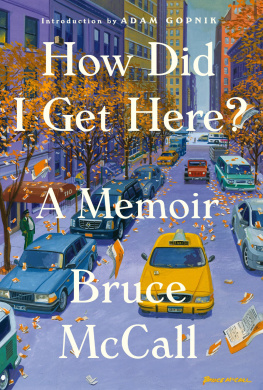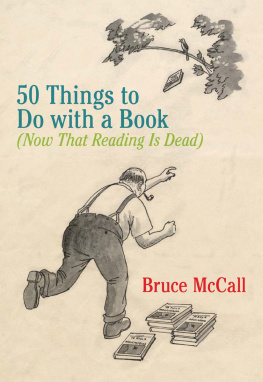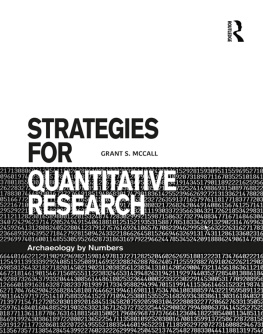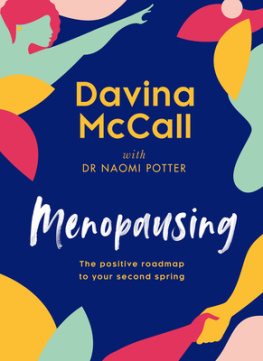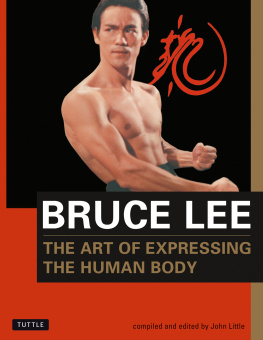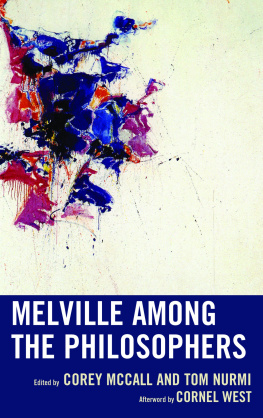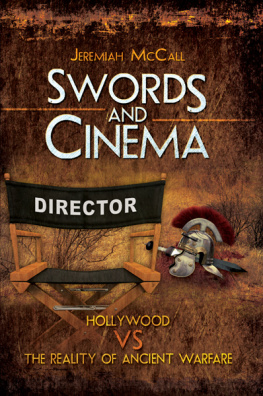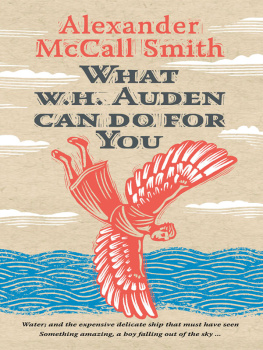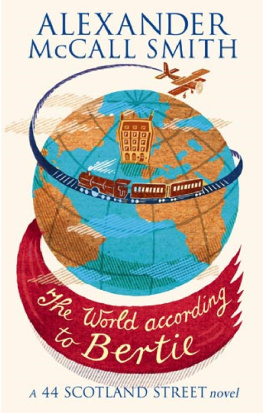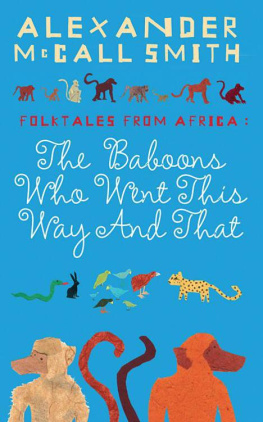Bruce McCall - How Did I Get Here?: A Memoir
Here you can read online Bruce McCall - How Did I Get Here?: A Memoir full text of the book (entire story) in english for free. Download pdf and epub, get meaning, cover and reviews about this ebook. year: 2020, publisher: Penguin Publishing Group, genre: Non-fiction. Description of the work, (preface) as well as reviews are available. Best literature library LitArk.com created for fans of good reading and offers a wide selection of genres:
Romance novel
Science fiction
Adventure
Detective
Science
History
Home and family
Prose
Art
Politics
Computer
Non-fiction
Religion
Business
Children
Humor
Choose a favorite category and find really read worthwhile books. Enjoy immersion in the world of imagination, feel the emotions of the characters or learn something new for yourself, make an fascinating discovery.
- Book:How Did I Get Here?: A Memoir
- Author:
- Publisher:Penguin Publishing Group
- Genre:
- Year:2020
- Rating:3 / 5
- Favourites:Add to favourites
- Your mark:
- 60
- 1
- 2
- 3
- 4
- 5
How Did I Get Here?: A Memoir: summary, description and annotation
We offer to read an annotation, description, summary or preface (depends on what the author of the book "How Did I Get Here?: A Memoir" wrote himself). If you haven't found the necessary information about the book — write in the comments, we will try to find it.
How Did I Get Here?: A Memoir — read online for free the complete book (whole text) full work
Below is the text of the book, divided by pages. System saving the place of the last page read, allows you to conveniently read the book "How Did I Get Here?: A Memoir" online for free, without having to search again every time where you left off. Put a bookmark, and you can go to the page where you finished reading at any time.
Font size:
Interval:
Bookmark:
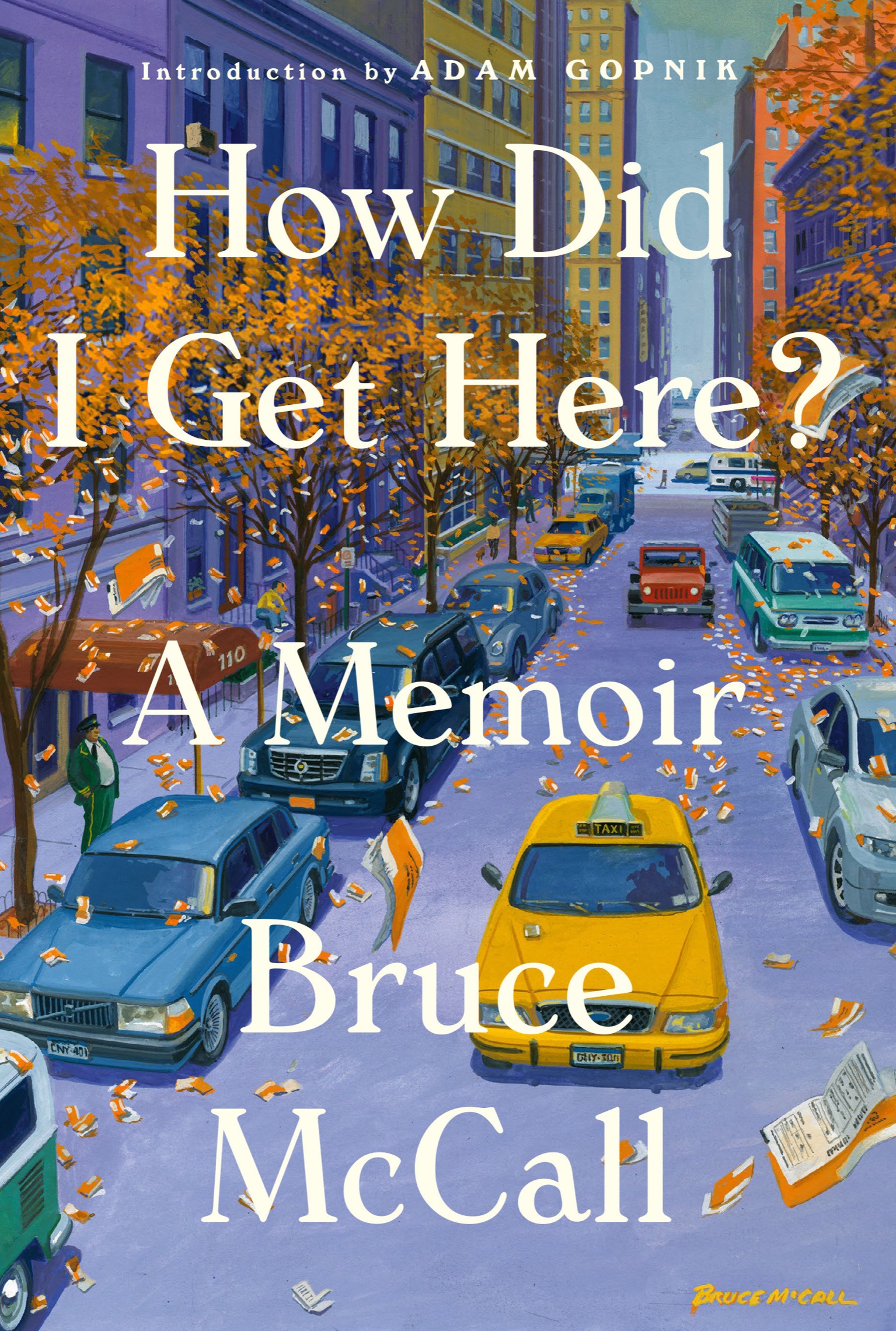
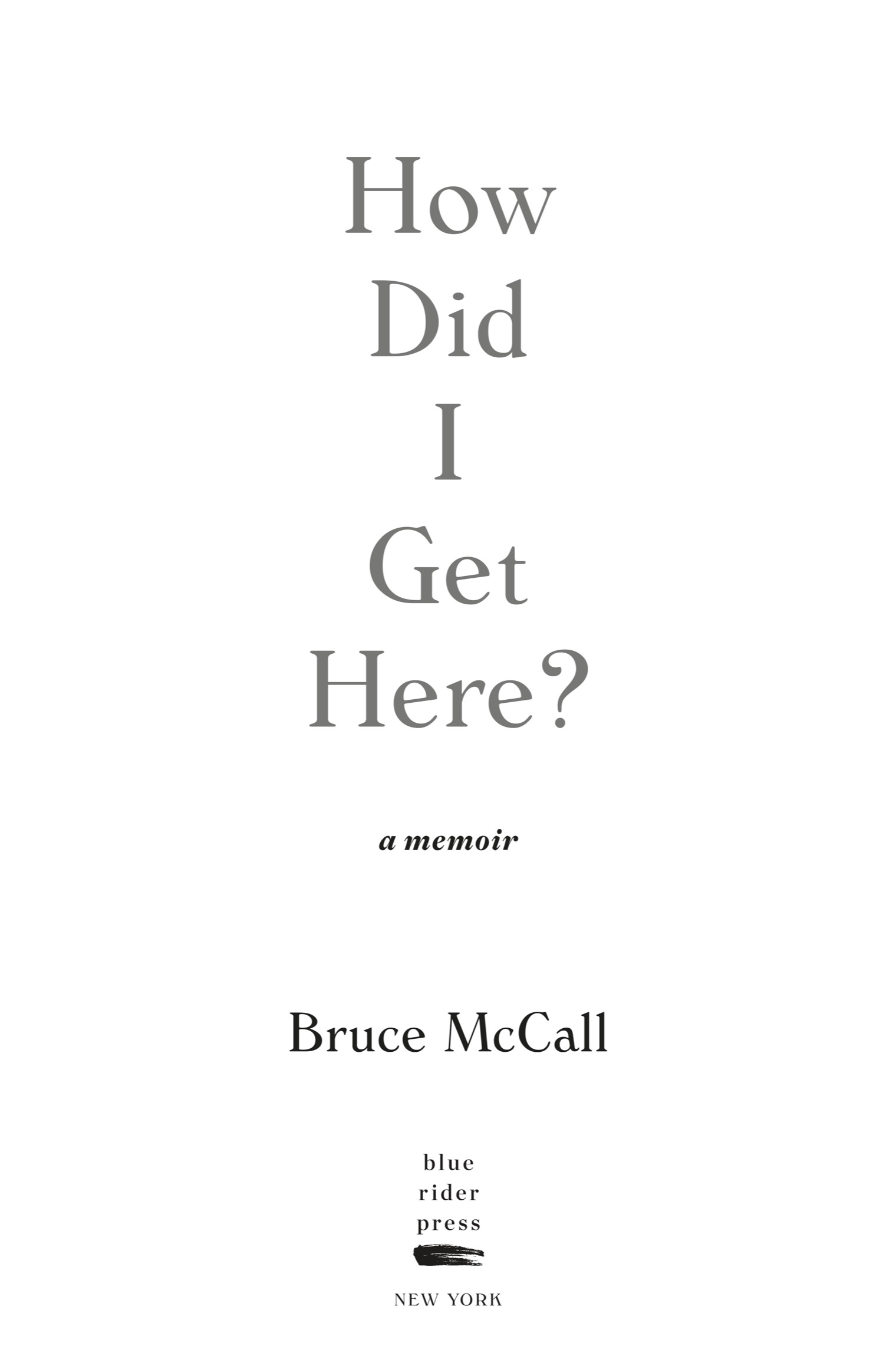
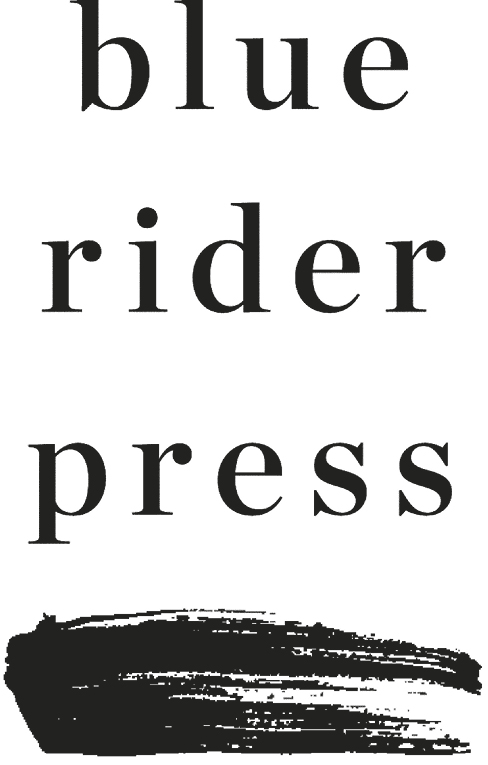
An imprint of Penguin Random House LLC
penguinrandomhouse.com

Copyright 2020 by Bruce McCall
Introduction copyright 2020 by Adam Gopnik
Penguin supports copyright. Copyright fuels creativity, encourages diverse voices, promotes free speech, and creates a vibrant culture. Thank you for buying an authorized edition of this book and for complying with copyright laws by not reproducing, scanning, or distributing any part of it in any form without permission. You are supporting writers and allowing Penguin to continue to publish books for every reader.
Blue Rider and its colophon are registered trademarks of Penguin Random House LLC.
Images are courtesy of the author.
Library of Congress Cataloging-in-Publication Data
Names: McCall, Bruce, author.
Title: How did I get here? : a memoir / Bruce McCall.
Description: New York: Blue Rider Press, 2020.
Identifiers: LCCN 2020011842 (print) | LCCN 2020011843 (ebook) | ISBN 9780399172281 (hardcover) | ISBN 9780698178991 (ebook)
Subjects: LCSH: McCall, Bruce. | CartoonistsUnited StatesBiography. | IllustratorsUnited StatesBiography. | Television writersUnited StatesBiography.
Classification: LCC NC1429.M466 A2 2020 (print) | LCC NC1429.M466 (ebook) | DDC 741.5/973 [B]dc23
LC record available at https://lccn.loc.gov/2020011842
LC ebook record available at https://lccn.loc.gov/2020011843
Cover art by Bruce McCall
pid_prh_5.6.1_c0_r0
Dedicated to my brother Hugh
Every life, experienced from inside, feels like a failure. Even Shakespeare, from the evidence of the sonnets, retired thinking that he had wasted too much time on all those popular plays (in retirement, he was going to focus on his poetry), while Mozarts final frustrations were off the charts. Only a very few lives, however, benefit from an articulate underestimation of their own accomplishment, since they make us ironically aware of the actual processes of artistic triumph. All of which is an unduly fancy way of saying something simple: Everyone I know thinks Bruce McCall is a genius, except for Bruce, who hardly thinks hes gotten much past dunce.
This is not disingenuous, on either partys part. What we mean by genius is that he has a style, a vision, that is both instantly recognizable and entirely ineffableit cant be reproduced by anyone elseand also that the satiric points he lands in this unique style are always on the money. His marriage of a centurys worth of virtuoso commercial illustration styles with a first-class satiric imagination creates both delighted laughter and uncanny truth. Looking at what we have to call, since the 1980s, Trumps New Yorkan insane place that looks plausibly real but hides its madness within itwell, only McCall has shown us its tall, slick, demented shapes.
Yet, reading this book, the reader comes away knocked sideways by the sheer painstaking study that led to the wild flights of surreal fantasy. Throughout, in describing his formation as an artist, he emphasizes skill, fidelity, mastery, truth. Realism is his principle and detail his watchword. From the first, one sees that McCall instinctively understood the great Surrealist principle: The more detail an image contains, the more dreamlike it becomes. Getting everything maniacally right drains mundane reality from a painting or drawing, and lets it enter into the realm of the visionary. A diagram is the most fantastic kind of image ever created. Reducing and describingcutting away in cross sections and footnoting each labeled partit overlays a wistful logic on the sheer chaos of actual life. The more encyclopedically detailed a car or a skyscraper is, the more unreal it seems.
This is very partially a perceptual effectas McCall says, we all work with a varying failure of optical focus: we dont see a world of even microscopically exact detail, except in illustration. But this perceptual effect is more a result of the way that the styles of illustration participate in desires even as they summon up descriptionsthe realist illustration that McCall grew up on makes fantasies real (the car with the proportions of an aircraft carrier, the luxury motel on Mars) and in so doing makes the real fantastic. Not the least of the many pleasures of reading this, the second volume of autobiography hes offered, is to see him for the first time lovingly inventory the great illustrators, almost all names unknown to anyone but aficionados, who influenced him. My own Google image search worked overtime to discover, and let me for the first time fully appreciate, such extraordinary figures as Robert Fawcett, with his tweedy atmospheric interiors; the astounding Art Fitzpatrick, whose Edenic images of Pontiacs with grilles as wide as a sixties expense account are hard to credit as anything except Pop Art parody advertisement (they werent); and above all the great Chesley Bonestell, the visionary science fiction illustrator, who showed a view of Saturn from the planets largest moon, Titan, as though it were a view across a fifties back fence. The imagery that fed Bruces style, we learn in this book, was not mass produced, but particular, made by masters.
But his underestimation of his own gift is completely sincereall he sees, like any artist, is work and failure. Because of the aplomb of his cheerfully pessimistic and self-deprecating naturenot a contradiction, more a Canadian national traitwe can therefore learn something about how genius really operates, exactly through the strength of his self-denial. McCall tells us that he has taken as his subject for this book the nature of the Little Bangthe explosive interior moments in a life when suddenly an ordinary Joe becomes an expressive fountain.
And what McCall reveals here is the secret of all bangs, big and little. It is the capacity for commitment. To a degree that he himself hardly seems to understand is exceptional, in this beautiful memoir he recalls, hilariously, what feels like every landing place, every teacher, every drawing desk where he has workedevery assignment to draw a car, every boss whose generous appreciation helped, every job praising a long-forgotten Corvair or Corvetteand we learn from the journey that art is just work taken to another dimension of purpose. He isnt trying to push the artisanal foundation out of his story, from his perch of a now-legendary New Yorker artist. He moves it to the very center, with an eye to how even a modest job can teach a major lesson. McCall persistently underrates his own gifts, the gifts that overwhelm his friends. But this modesty also presents a path, one of persistence and sanity. A lesson learned in two ways: both that mastery of a craft is a springboard to art, and that without a genuine appetite for art, craft becomes mere labor. He writes of a not-untalented colleague that Rudy practiced art without being an artist. His was the perfect example of that approach. No other art form interested him. The richest artistic rewardspride, satisfaction, a sense of achievement, the joy of creativitywere of zero interest to him. He didnt have to set aside his artistic nature because he didnt have one. Rudy was distanced from any emotional connection with his work, which liberated him from anxiety, second-guessing, and self-doubt. I envied this bastard relative of mental discipline, but not enough to emulate it.
Font size:
Interval:
Bookmark:
Similar books «How Did I Get Here?: A Memoir»
Look at similar books to How Did I Get Here?: A Memoir. We have selected literature similar in name and meaning in the hope of providing readers with more options to find new, interesting, not yet read works.
Discussion, reviews of the book How Did I Get Here?: A Memoir and just readers' own opinions. Leave your comments, write what you think about the work, its meaning or the main characters. Specify what exactly you liked and what you didn't like, and why you think so.

